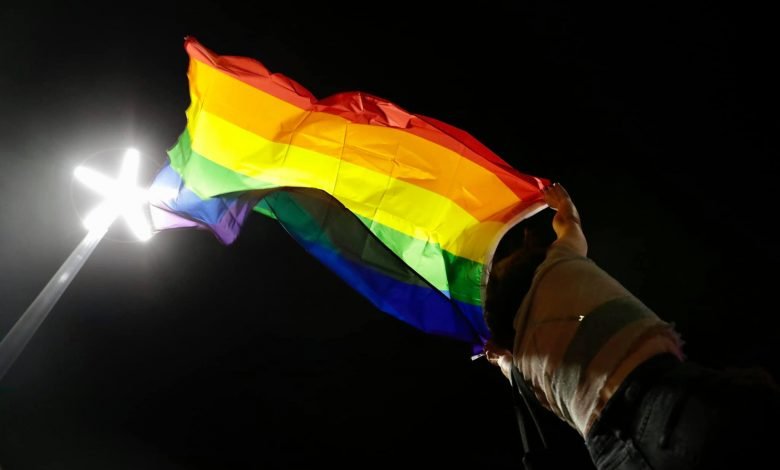
PACE Resolution on LGBT Rights in South Caucasus
The Parliamentary Assembly of the Council of Europe (PACE) has adopted today a resolution on alleged violations of the rights of lesbian, gay, bisexual, transgender and intersex (LGBTI) people in the Southern Caucasus, underlining that “a country’s cultural and religious traditions cannot be used to justify discrimination based on sexual orientation, gender identity, gender expression, and sexual characteristics.”
The resolution raised concerns about the situation of LGBTI people in Armenia, Azerbaijan and Georgia and took notice of “many infringements” of their human rights that have been alleged or confirmed.
PACE underlined that pro-LGBTI demonstrations, “such as Gay Pride marches, do not constitute an infringement of, or restriction on, the rights of persons who disagree with them.”
“Each signatory State to the European Convention on Human Rights has an obligation to guarantee the enjoyment of fundamental rights, finding how best to prevent conflicts between them,” the Assembly stressed.
- Georgian PM on LGBT Pride: “95% Against Propagandistic Parade”
- Tbilisi Pride March Cancelled
- Police Call on Pride Activists Not to Hold Parade
The Assembly urged all three countries to guarantee the right to hold public events to support the rights of LGBTI people, ensure that they take place safely and protect the participants from any violence and to conduct effective investigations and prosecute cases of violence.
The resolution also invited the South Caucasian states to ensure the freedom and independence of the media and the safety of their personnel and to strengthen cooperation with civil society organizations working on LGBTI issues.
The Assembly further recommended the states to promote human rights education for civil servants, and in particular provide “specific and continuous training on LGBTI-phobic hate speech and hate crime” to the judiciary and the law enforcement agencies.
Georgia-Specific Recommendations
The Assembly welcomed Georgia’s progress in combating discrimination through the adoption of laws adding sexual orientation and gender identity to the prohibited grounds for discrimination and the introduction of LGBTI-phobia into criminal legislation as aggravating circumstances.
But the Assembly recommended the country to include discrimination on basis of gender expression and sexual characteristics its anti-discrimination legislation. It said Georgia should ensure equality and non-discrimination legislation and policies are fully implemented.
It also invited Georgia to create a body tasked with dialogue with the Orthodox Church “to calm the attitude of its representatives towards public events such as Gay Pride marches and to alert them to the need to avoid stigmatising comments about LGBTI people.”
The resolution also called the country to monitor the situation related to LGBTI people regularly and to allocate appropriate financial and human resources to the relevant bodies and authorities.
Report Preceding the Resolution
The resolution was based on the findings of the PACE Committee on Equality and Non-Discrimination report prepared by Christophe Lacroix (Belgium, Socialists, Democrats and Greens Group).
The report has reviewed the rights situation of the LGBTI persons in Georgia, raising concerns over the violations of the freedom of expression of the LGBTI community with “the numerous cases of incitement to hatred and violence surrounding LGBTI events, which are disrupted or even prevented from being held.”
The document for instance mentioned disruption of the Tbilisi premiere of “And Then We Danced,” a Georgian-Swedish film with gay protagonists, in 2019 and homophobic pogroms in July 2021.
Lacroix’s report also cited “instances of abuse and brutality meted out by the police against LGBTI persons, especially transgender persons,” that were registered with the United Nations Independent Expert.
The report further highlighted that death threats against those defending LGBTI rights in Georgia “have also been logged on several occasions.”
The document also raised the issue of homophobia and transphobia in schools and pointed to the lack of the existing support for young LGBTI persons who are instead tried to be “cured” by parents and teachers or thrown out of the family home.
This post is also available in: ქართული Русский